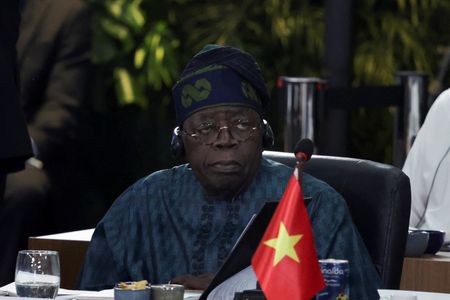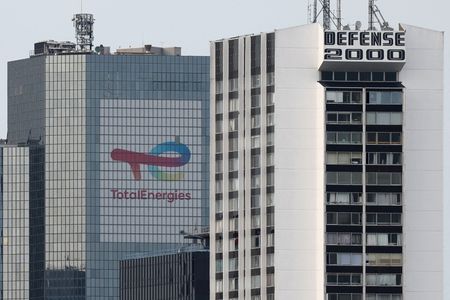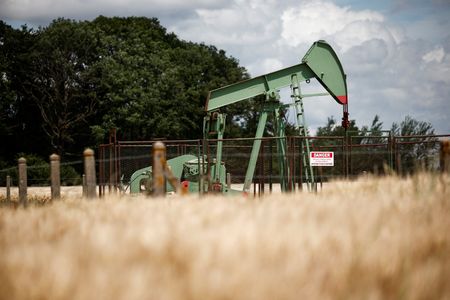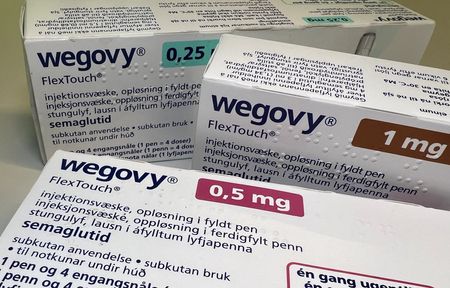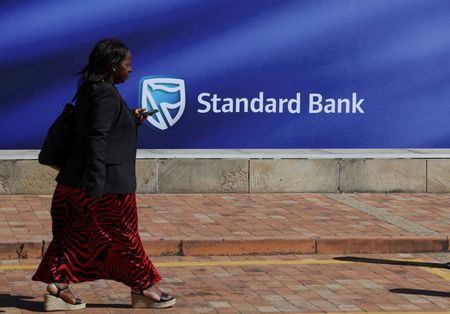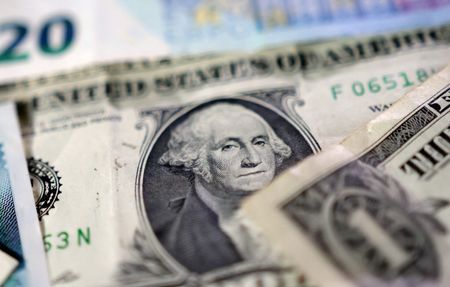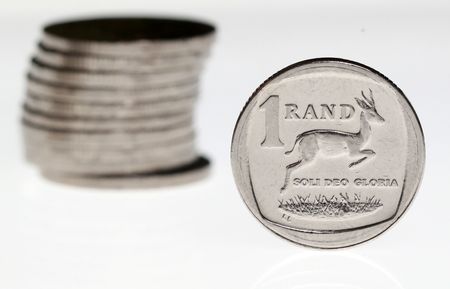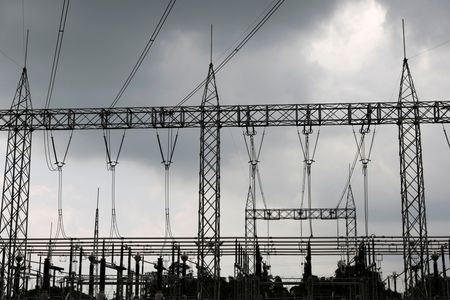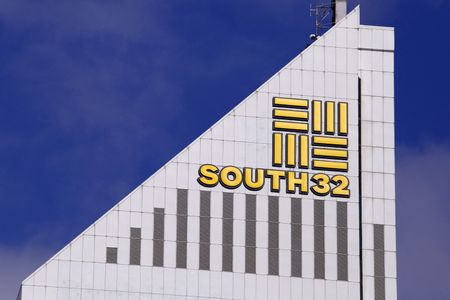By Camillus Eboh
ABUJA (Reuters) -Nigerian President Bola Tinubu on Wednesday set a target of 7% annual economic growth by 2027, aiming to lift millions out of poverty and expand the economy to four times its current size by 2030.
Since coming into office in 2023, Tinubu has ended petrol and electricity subsidies and twice devalued the naira currency to boost Nigeria’s decade-long sluggish output. However, those steps triggered the worst cost-of-living crisis in a generation and have yet to deliver faster growth.
Nigeria’s economy grew by 3.13% in the first quarter, boosted by a rebasing its gross domestic product. The exercise raised the size of the economy to 372.822 trillion naira (about $243.55 billion), but the growth was slower than expected.
Addressing the federal cabinet, Tinubu said the reforms had bolstered macroeconomic stability and investor confidence, but flagged low public savings as a constraint on growth.
Public investment accounts for just 5% of gross domestic product, he added.
“To sustain our momentum, we must optimize every available naira,” Tinubu said, instructing his economic team to review revenue retention and deductions from the federal account, including fees levied by agencies such as the tax agency, Customs, and national oil firm NNPC Ltd.
The Petroleum Industry Act (PIA) currently allows NNPC to retain 30% of certain revenues for managing oil and gas operations and to deduct 30% of its profits for funding exploration in underexplored frontier basins.
These significant retentions have faced criticism for being excessive and lacking transparency, contributing to a drain of government revenue and inefficiencies that have historically hampered Nigeria’s fiscal performance
Tinubu had previously set a growth target of 6% when he came into office two years ago.
The World Bank expects Nigeria’s economy to grow 3.6% this year and 3.8% in 2027.
($1 = 1,530.8000 naira)
(Reporting by Camillus Eboh, Additional reporting by Isaac Anyaogu; Writing by Elisha Bala-Gbogbo; Editing by Bernadette Baum)

